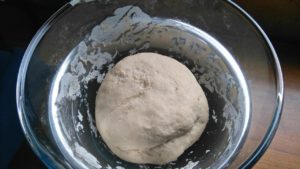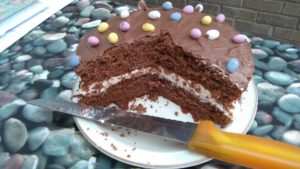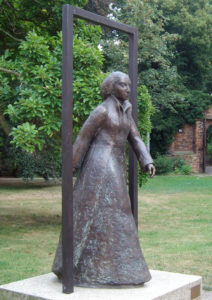We caught up with Ruth at Evensong tonight. Having missed the early episodes, the journeying and the gleaning, we were reunited on the threshing floor.
Naomi advises Ruth to go to the threshing floor, clean and in her best clothes, after dark, and there to uncover the feet of Boaz.
It’s somewhat odd to have this read at Evensong, when it belongs better to an episode of Eastenders. Naomi is telling Ruth how to catch Boaz. But it’s a risk. He may not take the bait, or having tasted may reject her or come up with another excuse.
He certainly appears to. He wants her gone before anyone recognises her. She leaves whilst it us still dark enough to leave her anonymous, and he gives her six measures of barley to take with her. Is that it? After all he has said there is another with a closer claim. If so, why did Naomi not send Ruth to him? Did she know about him?
If that was all of the story you knew so far then the music played and the next episode was delayed, then you’d not already know the outcome. Not know about the sandal and that moment at the gate when Ruth is up for grabs, like so many still are today.
Before I get to the gate this evening , the stone Westgate of Canterbury, in a biting January wind, I duck into the Turkish Restaurant, so far the only customer, to sit and consider Ruth’s story over red wine and hummus.
How many women’s stories will I tell this year? Who will listen?
In our life and our believing
The love of God



